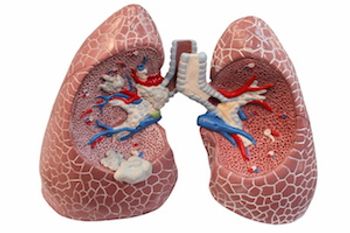
Earlier this week, the FDA approved pembrolizumab (Keytruda) in combination with carboplatin and either paclitaxel or nab-paclitaxel for the first-line treatment of patients with metastatic squamous non-small cell lung cancer (NSCLC).


Earlier this week, the FDA approved pembrolizumab (Keytruda) in combination with carboplatin and either paclitaxel or nab-paclitaxel for the first-line treatment of patients with metastatic squamous non-small cell lung cancer (NSCLC).
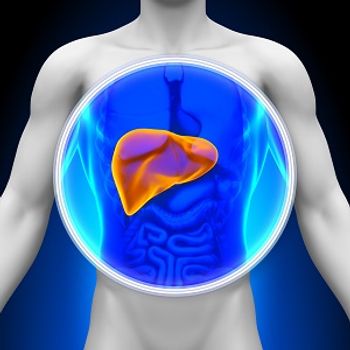
Gene-edited glypican-3 (GPC3)-targeted chimeric antigen receptor (CAR) T cells with deficient programmed death–1 have greater cytotoxicity compared with wild-type GPC3-targeted T cells in GPC3-positive hepatocellular carcinoma, based on results from a recent study.

A study published in JAMA Opthalmology has confirmed that PD-1 inhibitors, and nivolumab in particular, are effective in the treatment of metastatic conjunctival melanoma.

As a basic scientist, James Allison, PhD, didn’t always meet the patients who benefitted from treatments he discovered, but he did meet 1 woman who participated in one of the early trials of ipilimumab.
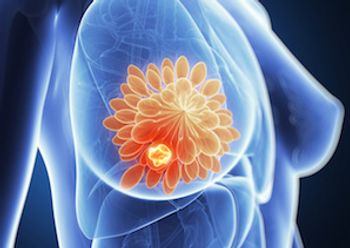
A phase 3 trial recently investigated if nanoparticle albumin-bound paclitaxel enhances the treatment of atezolizumab in unresectable locally advanced or metastatic triple-negative breast cancer.
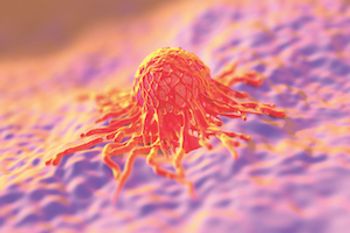
Switchable chimeric antigen receptor (CAR) T cells with a switch directed towards human epidermal growth factor receptor 2 (HER2) in pancreatic ductal adenocarcinoma (PDAC) has similar efficacy as conventional HER2 CAR T cells while also having a greater control over treatment toxicities.
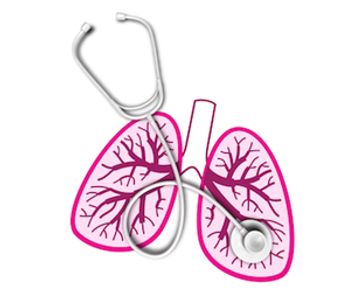
Last week, Bristol-Myers Squibb announced results from the phase 3 CheckMate -331 trial that investigated nivolumab (Opdivo) versus the current standard of care, chemotherapy, in the treatment of patients with small cell lung cancer (SCLC) who relapsed following platinum-based chemotherapy. The trial found that nivolumab did not significantly increase overall survival compared with chemotherapy.

Last week, the FDA granted approval to immune checkpoint inhibitor cemiplimab-rwlc, to be sold as Libtayo, for the treatment of metastatic cutaneous squamous cell carcinoma (CSCC), or in patients with locally advanced CSCC who are not candidates for curative surgery or curative radiation.
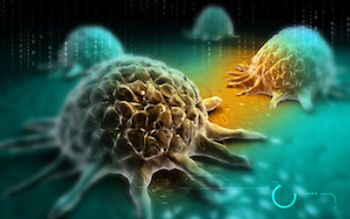
The development of resistance to immunotherapy is poorly understood and is detrimental to patients who relapse on multiple lines of treatment. Transcriptional downregulation of class 1 human leukocyte antigen (HLA) may contribute to the developed resistance of immunotherapies, including checkpoint inhibitors, and warrants further investigation, according to a study published in Nature Communications.

James P. Allison, PhD, and Tasuku Honjo, MD, PhD, led the basic science experiments that showed the potential of checkpoint inhibitors, creating a fourth pillar in the treatment of cancer.
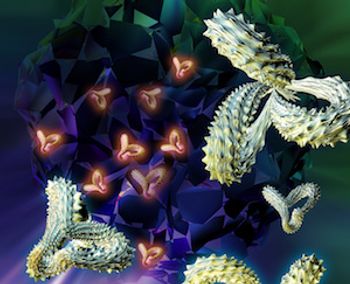
A single leukemia cell was able to reproduce and cause a deadly relapse of pediatric B-cell acute lymphoblastic leukemia (ALL) after it had bonded with the leukemia-targeting chimeric antigen receptor (CAR) lentivirus and infused back into a patient. The case of the cell that became resistant to CAR T-cell therapy was published in the journal Nature Medicine Monday.
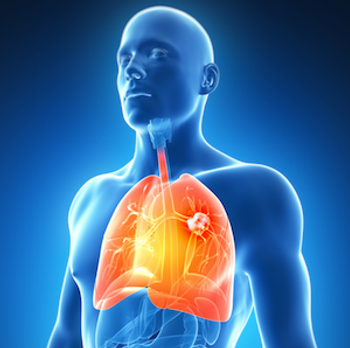
Earlier this week, drug manufacturer Astrazeneca announced the results from a phase 3 trial studying durvalumab (Imfinzi) among patients with stage III unresectable non­–small cell lung cancer (NSCLC) who did not have disease progression after concurrent chemoradiotherapy.
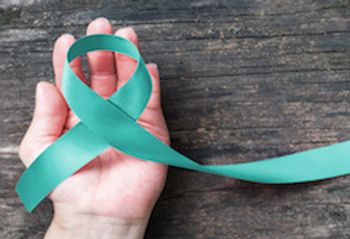
A phase 2 trial evaluating the 2 checkpoint inhibitors, nivolumab and ipilimumab, found significantly better tumor responses with the combination compared with nivolumab alone in patients with recurrent epithelial ovarian cancer.
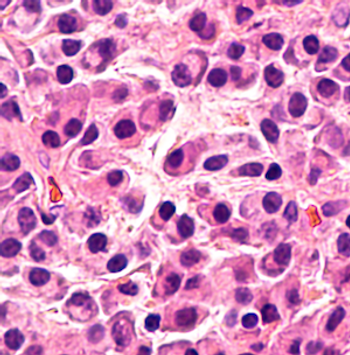
Amgen’s pipeline drug AMG 420, a bispecific T-cell engager (BiTE) for the treatment of patients with relapsing/refractory multiple myeloma (RRMM), has found positive preliminary results in a phase 1 trial.

Last week, the FDA granted priority review to a new supplemental Biologics License Application for pembrolizumab (Keytruda) as a monotherapy for first-line treatment of locally advanced or metastatic nonsquamous or squamous non–small cell lung cancer (NSCLC) in patients whose tumors express PD-L1 without EGFR or ALK mutations.
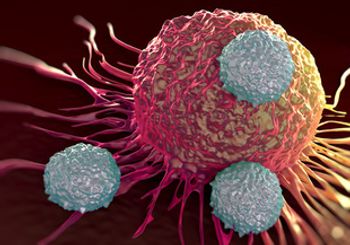
A recent report from the National Comprehensive Cancer Network (NCCN) investigated the current state of chimeric antigen receptor (CAR) T-cell therapy and future strategies to consider as the novel immunotherapy evolves and is used in the treatment of more patients.

Researchers determined the incidence and timing of rare, fatal side effects from immune checkpoint inhibitors, and said the number is still extremely low.

Pembrolizumab (Keytruda) earned European approval this week, in combination with platinum-based pemetrexed, for the first-line treatment of metastatic nonsquamous non-small cell lung cancer (NSCLC) in adults whose tumors lack EGFR or ALK mutations.
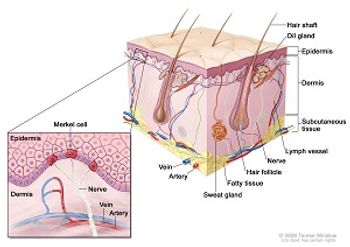
FDA's designation is based on phase 2 data presented earlier this year at the American Society of Clinical Oncology Annual Meeting.
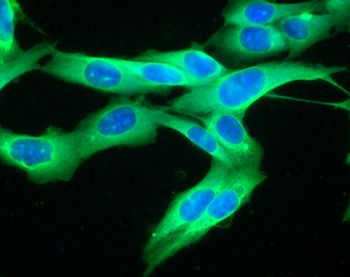
A study recently found that an immunotherapy combination treatment of ipilimumab (Yervoy) and nivolumab (Opdivo) shrank melanoma that had spread to the brain in more than half of participants.
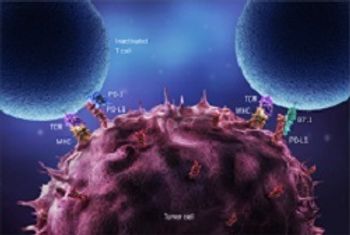
Only 1 day after the European Commission approved CAR T-cell therapies, the National Institute for Health and Care Excellence deemed the treatment too expensive to justify on Britain's state-funded health service.

A recent study at Johns Hopkins Bloomberg-Kimmel Institute for Cancer Immunotherapy discovered a new way to use bioinformatics to determine how a patient’s immune system responds to immunotherapy.
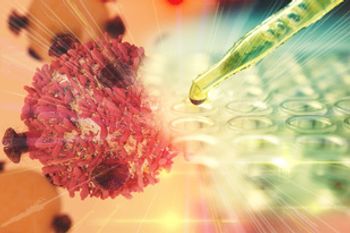
During a meeting of the Medicare Evidence Development and Coverage Advisory Committee (MEDCAC), panelists heard from chimeric antigen receptor (CAR) T therapy drug makers, health researchers, and policy makers, and mostly endorsed including patient-reported outcomes (PROs) in its final national coverage analysis decision, expected next year.

The first chimeric antigen receptor (CAR) T-cell therapy was approved just a year ago, changing the face of treatment for certain types of leukemias and lymphomas but carrying with it the downsides of toxicity and cost. A year later, scientists from a major cancer center said that they’ve made headway to discovering more about the T-cell signaling patterns and that understanding more about the biological pathways could help design the next generation of CAR-T treatments.
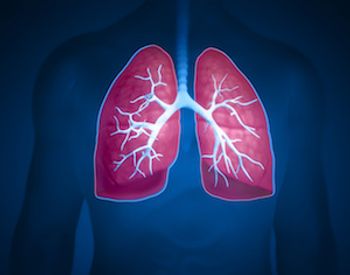
Announced today, Bristol-Myers Squibb’s nivolumab (Opdivo) has received FDA approval as the first immuno-oncology treatment for patients with metastatic small-cell lung cancer (SCLC) whose cancer has progressed after platinum-based chemotherapy and at least 1 other line of treatment.

259 Prospect Plains Rd, Bldg H
Cranbury, NJ 08512
© 2025 MJH Life Sciences®
All rights reserved.
